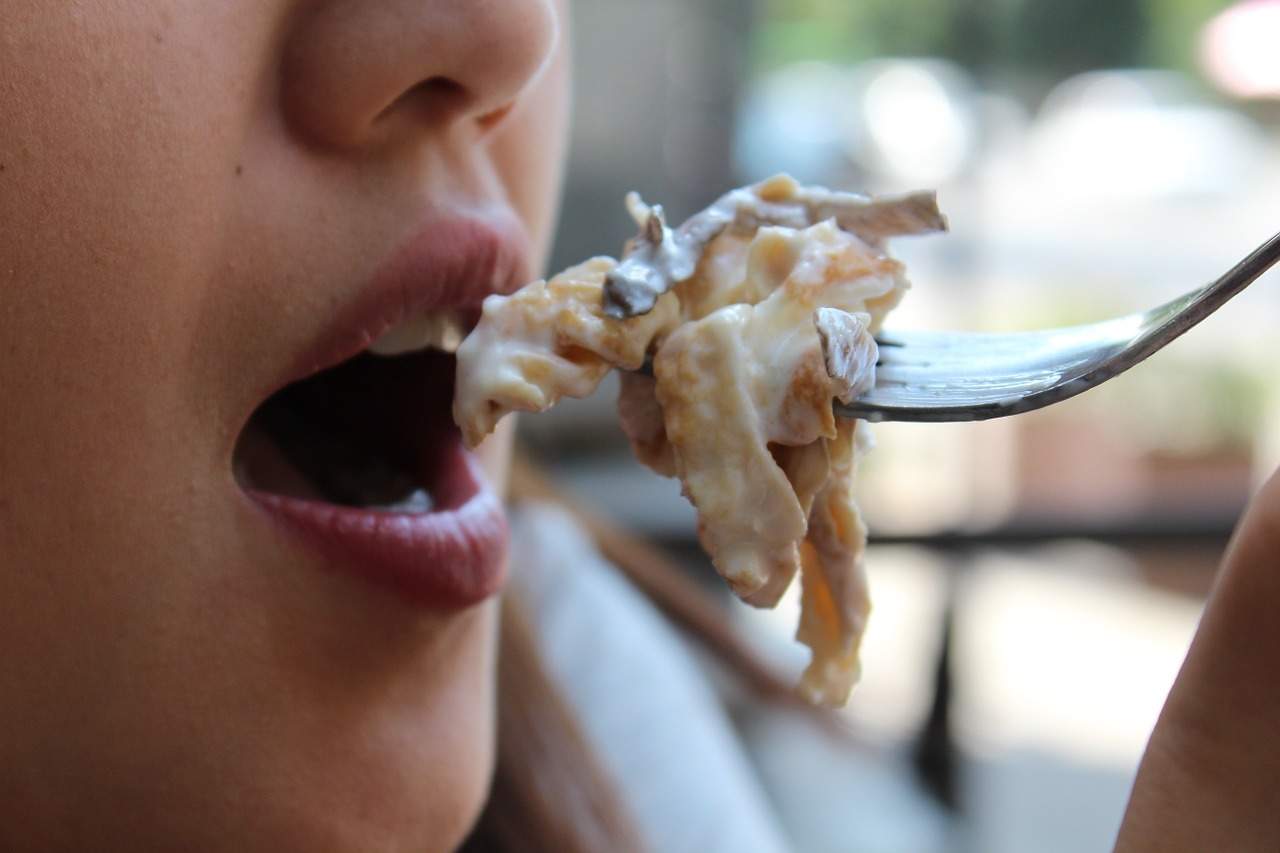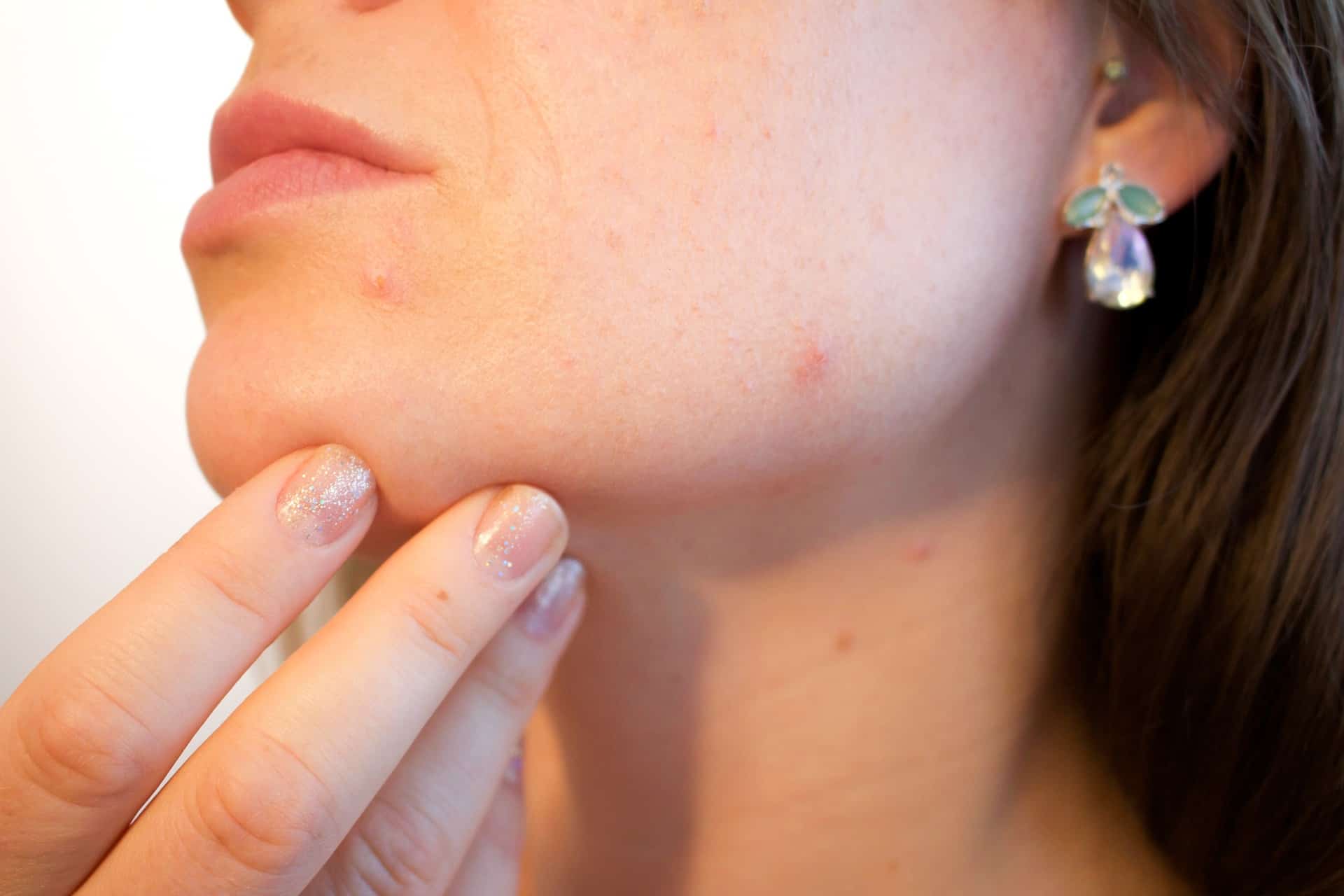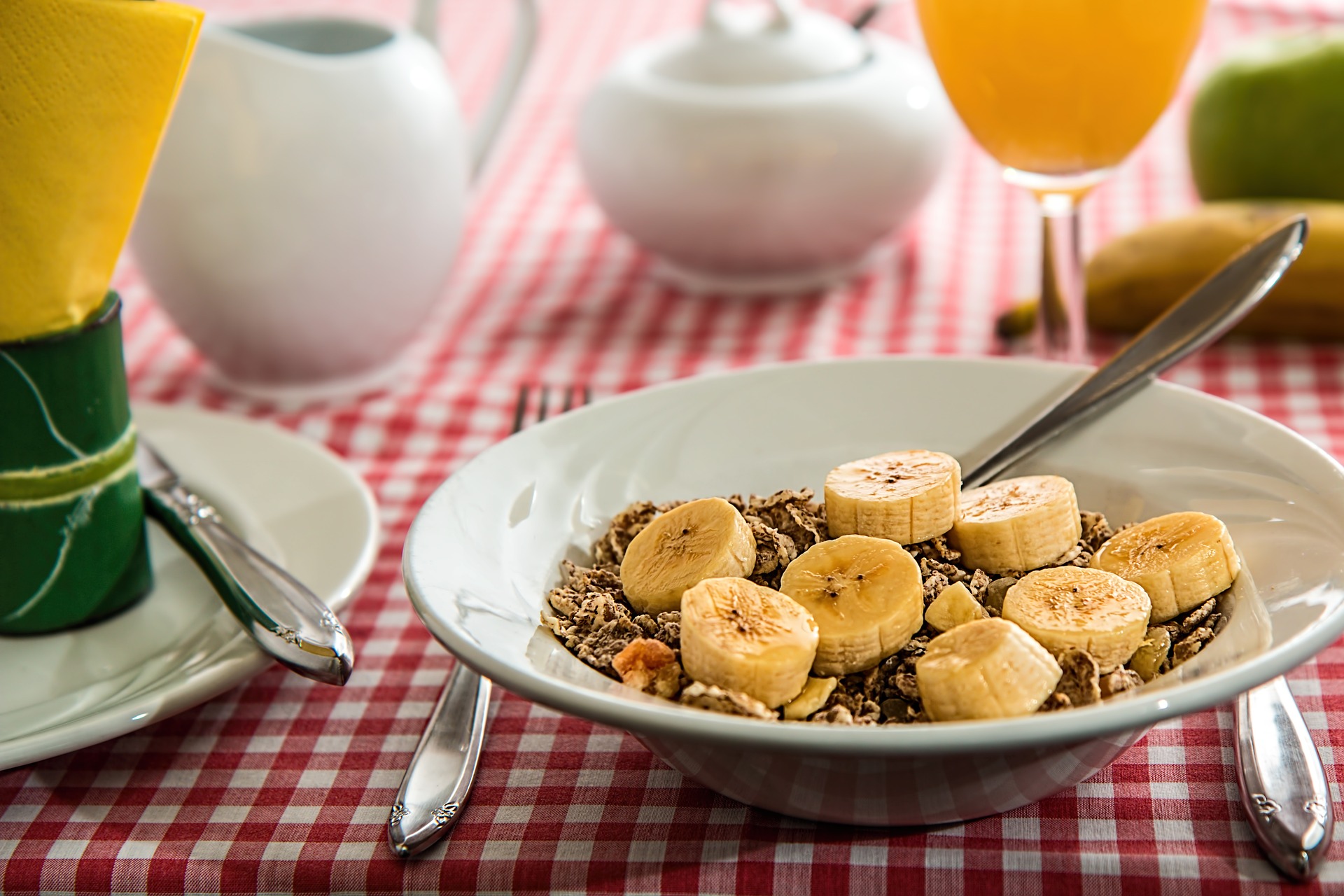Contents:
Medical Video: 13 Signs You Are Suffering From Too Much Stress
Sometimes it happens after getting a warning from the boss about office project deadlines. Or, arise after you have just separated from your lover. Whatever dilemma you face, you know that what you want to do is: eat, eat, and ... eat whatever is in plain sight.
"It's very human for someone to want to avoid pain and be disappointed by finding help through food," said Min-Hai Alex, a registered diet and nutrition expert and founder of Mindful Nutrition in Seattle, United States, reported by Daily Burn.
If you are familiar with this, you are not alone. The tendency of excessive appetite triggered by stress and negative emotions is called emotional eating.
What is emotional eating?
Excessive eating under the influence of stress is one symptom of what is called atypical depression by mental health professionals. However, many people who do not have a diagnosis of clinical depression or other mental health issues also experience this behavior when faced with momentary or chronic stress.
Emotional eating is a tendency that someone feels to respond to stress by eating - even when not hungry. Eating activities are intended as an escape from comfort, stress relief, or as a 'gift' for yourself, and not to satisfy hunger.
Overeating while being emotional also serves as a distraction. If you are worried about a particular event or feel upset about a conflict, for example, you tend to focus on just chewing on your favorite food in an effort to improve your mood, rather than having to deal with that annoying situation. Just like when you are bored and finally choose to switch TV channels to your favorite TV shows again.
Why stress can trigger overeating habits?
In the short term, stress can actually kill appetite. The structure in the brain called the hypothalamus produces the hormone corticotropin, which suppresses appetite. The brain also sends signals to the adrenal gland to release adrenaline. Adrenaline helps trigger the body's "fight or flight" response - physiological conditions that exclude temporary food needs.
If stress occurs prolonged, the brain actually instructs the adrenal gland to release cortisol, which plays a role in increasing appetite and motivation in general (yes, including motivation to eat). Stress also disrupts the work of appetite-regulating hormones, ghrelin.
When you are stressed, you will tend to get out of control and feel overwhelmed - which can spread to your diet. This is why eating when emotions responds to stress by eating high-carbohydrate, high-calorie, and low-nutrient foods, aka junk food (such as ice cream, cakes, chocolate, chips, French fries, and pizza) compared to continuing your usual diet . You worry about the past or future, don't care about what you consume in the present.
Stress also drains the cognitive resources you need to stay focused and resilient, and also to practice creative thinking for the sake of solving problems. Therefore why spending two favorite chocolate cake pans will be easier to do than having to drain your energy and mind to plan a problem solving plan.
Once the stress episode is over, cortisol levels will go down, but if stress doesn't go away - or if your stress response mechanism continues to burn - the brain will continue to produce high amounts of cortisol. What's more, if anxiety also interferes with your sleep, lack of sleep can encourage your appetite even higher.
Whatever emotions that encourage you to overeat, the end result is the same. This negative emotion will come back, and you may bear the additional burden of guilt due to the damage to your diet plan. This can also lead you to a vicious cycle - emotions trigger you to overeat, you continue to blame yourself for this habit, you are even more stressed, and to deal with stress you go back to eating a lot.
What can be done to control emotional eating?
Once you realize that you will start eating whatever food is in front of your eyes when you feel worse, immediately turn your attention away from food to other things you can do until the overeating boost passes. For example, chatting with friends, reading books or magazines, listening to music, going for an afternoon walk or jogging, meditating or practicing deep breathing, playing games, cleaning the house, or writing a journal.
Having a food journal helps you track what you eat and when you eat, and what thoughts or emotions you feel at each meal. That way, you might find out what triggered you and the pattern. For example, you might realize that you tend to overeat when faced with social pressure, such as when other people encourage you to continue to eat - at extended family gatherings or other formal events, for example - or to "force" you to merge with certain groups.
When alone willpower and determination are not enough, try doing the following tricks:
1. Eat oranges
When you crave sugar, try eating mandarin oranges. Mandarin oranges only have 50 kcal. Not only will you satisfy your sugar cravings, oranges also give you something to do as a thought distraction. Peeling and smelling oranges creates a meditation moment to help calm you.
This fruit is also rich in vitamin C. You need vitamin C to strengthen your immune system, especially when dealing with stress.
2. Snacking beans
If you prefer crispy-crispy ones, consider pistachio nuts as an alternative to healthy snacks rather than a packet of potato chips. Pistachios are a type of nuts that are low in calories, but enriched with good fats and fiber, and help regulate blood sugar.
In this way, you will not experience a sugar spike that will make you more hyperactive and restless, then fall again quickly.
3. Look at the red one
The red color is associated with "stop" or prohibition, so looking at something bright red will send a strong signal to our brain, namely: stop.
Try serving food on a red plate or just attach a red warning board on the refrigerator door. Even if this trick isn't powerful enough to stop you, this will make you more aware of your bad habits.
4. Drink black tea
Drink a cup of warm black tea. Black tea has been shown to reduce cortisol levels in the body. Take a minute to do some light breathing exercises. Turn off your mobile and laptop, run away from your daily routine. All of this will help control your amount of cortisol that is chaotic due to stress.
5. Sports
An important step in managing stress is exercise, because regular physical activity tends to be effective in reducing the production of trigger hormones, even helping to reduce the risk of depression, anxiety, and insomnia, while reducing the tendency to engage in emotional eating.
6. Look for help
For those who may need help dealing with stress, stress management counseling in the form of individual or group therapy can be very useful.
Stress counseling and group therapy have been shown to reduce stress symptoms and improve overall health. Cognitive behavioral therapy (CBT) has been found to be effective as part of treatment to combat overeating habits under the influence of stress. This approach helps to relieve stress by helping to reconstruct one's perspective or thinking on certain issues.
READ ALSO:
- Chia Seed, Super Food Antidote to Various Diseases
- False Hunger: Distinguishing Original Hungry and Fake Hungry
- The Best Foods to Eat Before and After Exercise












